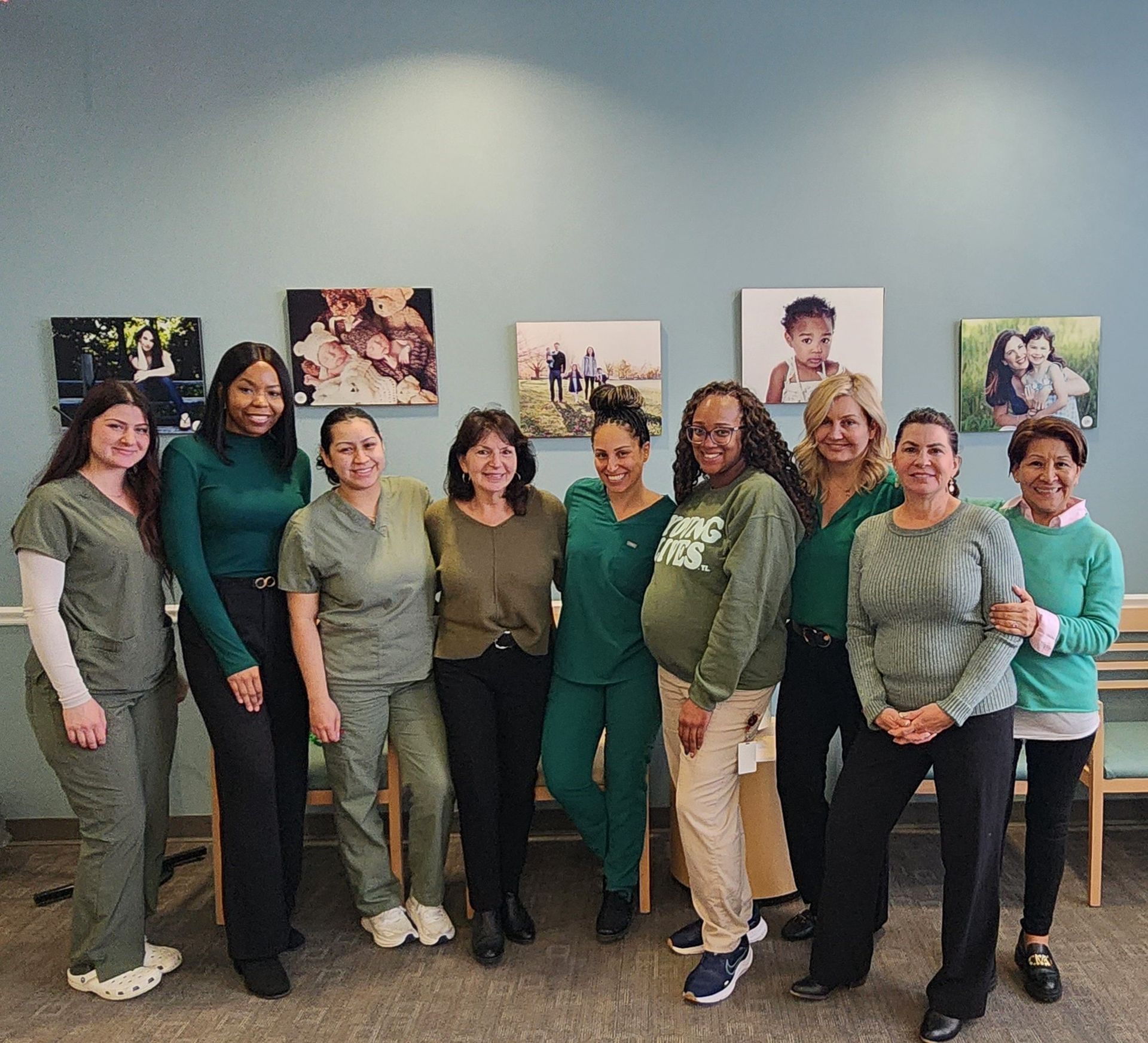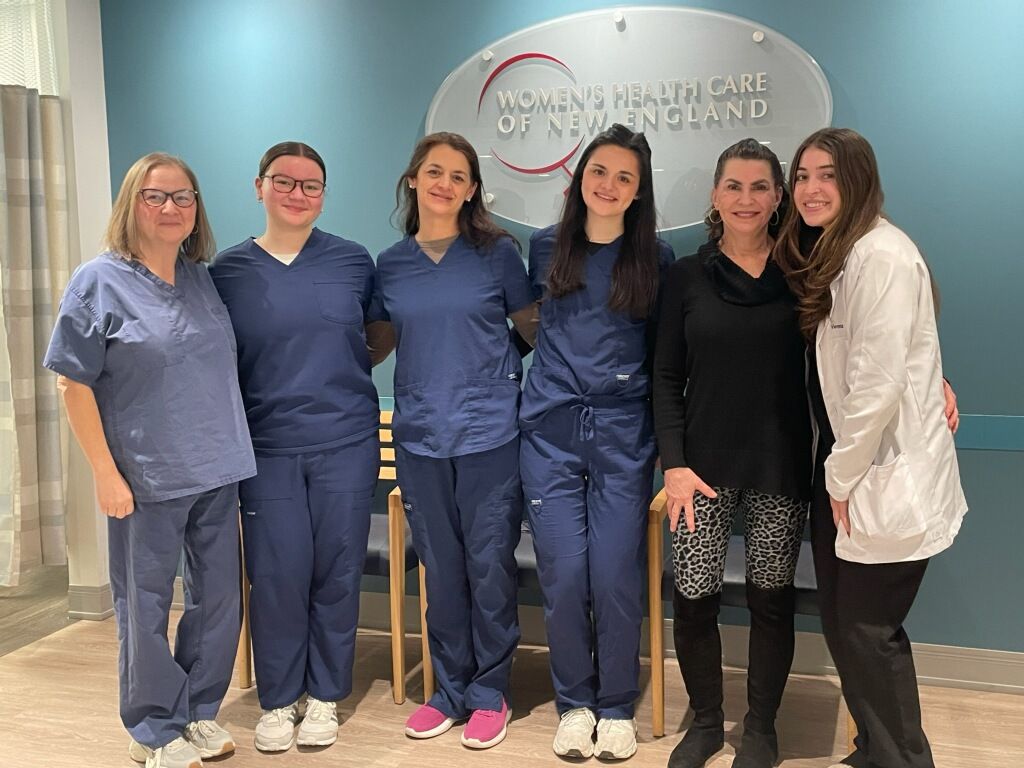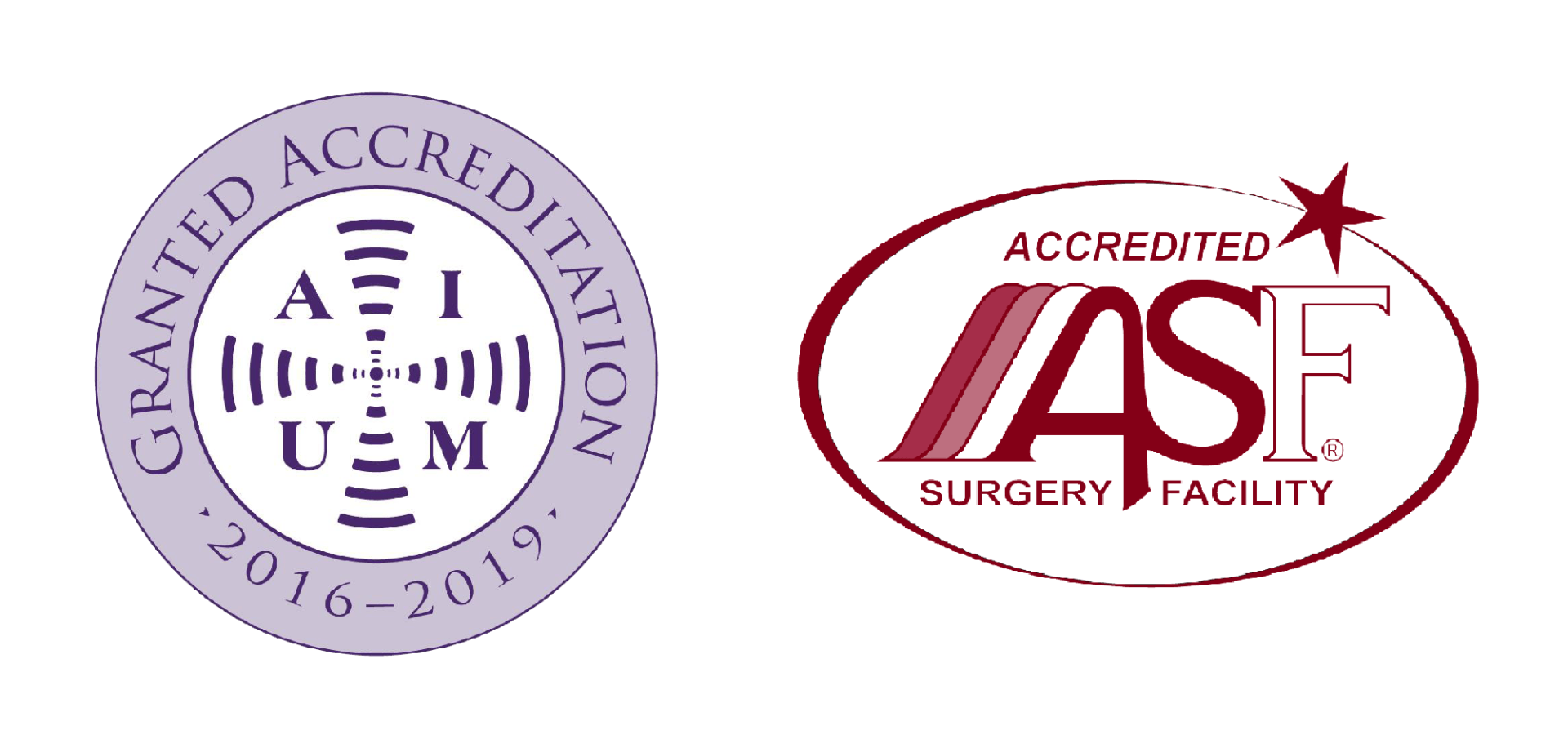Cervical Health Awareness
Women's Health Care of New England • January 1, 2020
January is Cervical Health Awareness Month
Cervical cancer screening is used to find changes in the cells of the cervix that could lead to cancer. Screening includes the Pap test and, for some women, testing for human papillomavirus (HPV). Cervical cancer screening is important because it usually takes three to seven years for high-grade cervical changes to become cancer.
Regular screening gives patients and ob-gyns time to find cervical cell changes and discuss possible treatment before the cell changes become cancer.
For guidelines on when and how often to screen, read the Cervical Cancer Screening FAQ.

We are pleased to let you know that two of our APRNs — Laury Berkwitt and Catherine Levins— have taken a keen interest in offering hormone replacement management. If you are experiencing symptoms of menopause or hormone changes, they are available to evaluate your needs and, if appropriate, prescribe hormone therapy (HRT) tailored to your care plan.

Happy St. Patrick’s Day from the WHCNE family! Wishing you a joyful and festive St. Patrick’s Day! At Women’s Health Care of New England, we celebrate the spirit of community and care. Our dedicated team is here to support you with quality, compassionate healthcare. Enjoy the day in good health and happiness!









